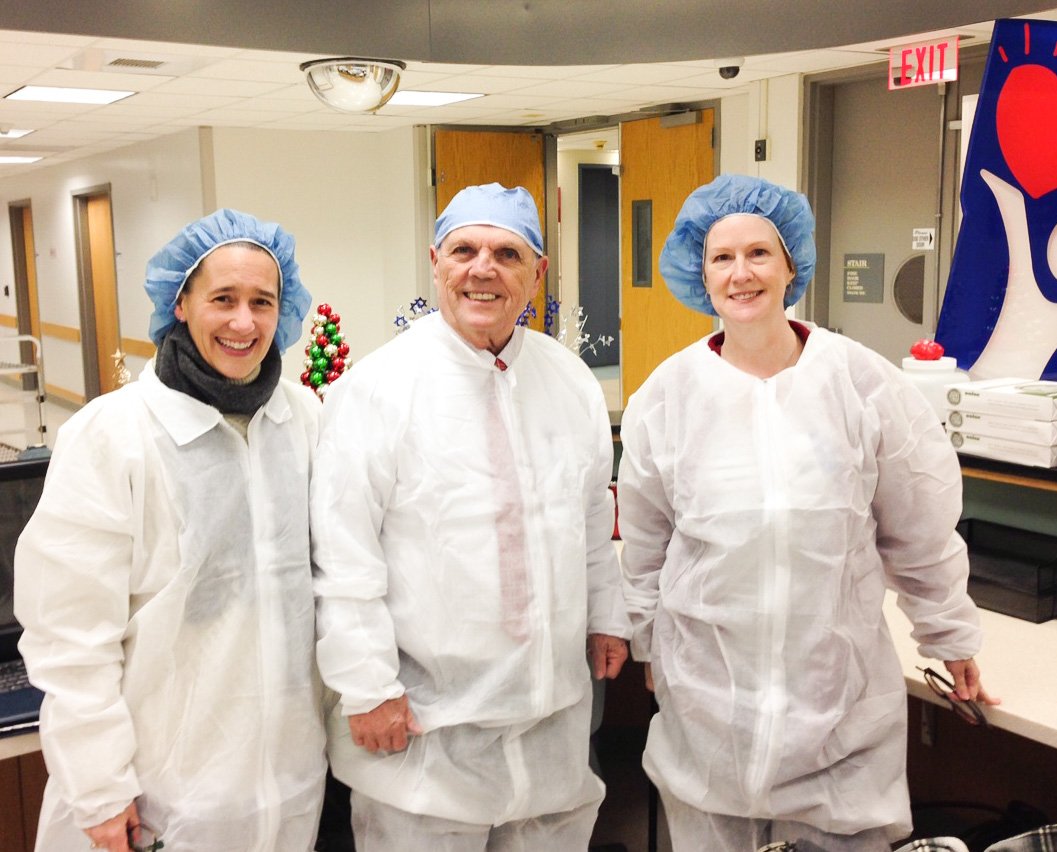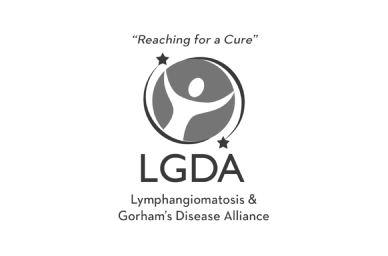Lymphangiomatosis & Gorham's Disease Alliance

Searching for a needle in a haystack
The LGDA was founded by Jana Sheets. In the months before she died from lymphangiomatosis she asked her father, Jack Kelly, if he would continue the work of the foundation. Jack has continued her legacy, and developed a true partnership with researchers and clinicians. “My commitment,” he says, “is in blood and stone.”
Complex Lymphatic Anomalies comprise a group of related rare disorders: generalized lymphatic anomaly (GLA), Gorham-Stout disease (GSD), kaposiform lymphangiomatosis (KLA), and central conducting lymphatic anomaly (CCLA). All four rare disorders commonly experience the abnormal development of the lymphatic system, manifesting in serious medical complications. This includes destruction of bone leading to disfigurement and pain, life-threatening collections of fluid around the heart and lungs, progressive loss of lung function, severe infections, and abnormal blood clotting. Treatment is aimed at slowing the underlying abnormal lymph vessel overgrowth with medication and addressing the many resulting complications with medication and surgical procedures.
Diagnosing and managing treatment, and investigating a complex lymphatic anomaly disease with a somatic basis, requires a coordinated, collaborative approach involving patients, multidisciplinary clinical specialists, and researchers from diverse backgrounds working under a shared game plan. Through the Rare As One Network, LGDA’s orphan-disease community of lymphatic anomalies, patients and families will benefit from the collaboration of patients, clinical specialists, and researchers sharing the needs, data, research findings, and the promise of new therapy developments that improve their lives.
“Advances will not come from a single breakthrough, but from a sustained, incremental approach where findings are shared.”






